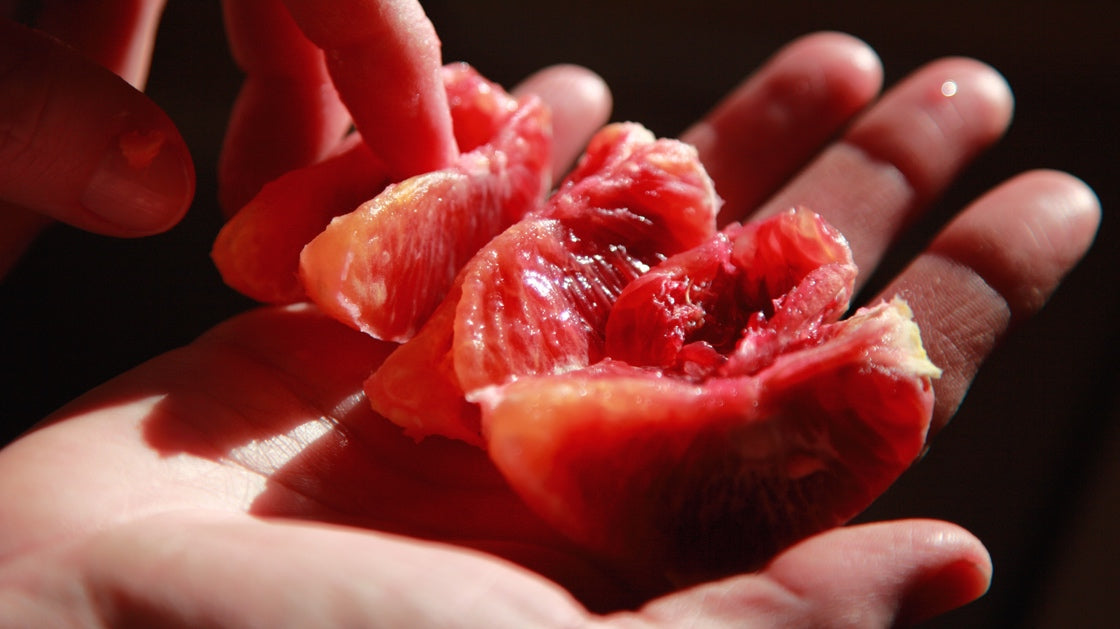Periods are not a “one size fits all” experience, which is why some people may naturally experience longer periods, shorter periods, heavier or lighter flow—and so on. However, experiencing regular heavy periods can be a sign of something other than your body’s natural flow. Let’s take a closer look at the signs of particularly heavy periods and what could be causing them so that you can better understand why your periods are so heavy.
What is a “Heavy” Period?
Menorrhagia is the medical term for menstrual periods with abnormally heavy or prolonged bleeding, and literally means "heavy periods.” Menorrhagia is categorized by a period flow so heavy that you must change your pad/tampon or empty your menstrual cup every hour for 1 day or more; they may also coincide with debilitating cramps, though not everyone who has heavy periods experiences these cramps.
Reasons Your Period May Be Heavy
There are many different factors and even conditions which can cause your periods to become heavy. Some of the most common reasons why you could be experiencing a heavy period are:
Fibroids and Polyps
The presence of fibroids or polyps in your uterus can also cause heavy bleeding in addition to longer periods which may last for days or potentially weeks on end. Fibroids are small muscle growths within the uterus walls, and polyps are abnormal tissue growths that grow within the inner lining of the uterus, called the endometrium. Fibroids are benign, but they can still cause problems (such as heavy periods) if left untreated.
Hormonal Imbalance
An imbalance in your hormone levels can cause your uterus to develop an unusually thick lining every month, which results in a heavier period flow when the lining begins to shed. A hormonal imbalance can be caused by certain diseases or even due to genetics.
Medication
Some types of medications may cause heavy periods. Examples of medications which carry heavy periods as a potential side effect include: anticoagulants or blood thinners, including aspirin and heparin; antidepressants and antipsychotics; hormonal contraceptives; certain herbal medicines, such as ginseng; and tamoxifen.
Kidney or Liver Problems
In some cases, an undiagnosed problem with your kidneys or liver may be the culprit behind a heavy period. Your doctor will likely want to test your urine if you have heavy periods in order to look for signs of problems with these vital organs.
Endometriosis
Endometriosis is a condition which causes the unusual growth of endometrium, a tissue which normally grows inside the uterus. Endometriosis causes the tissue to grow outside the uterus, which causes it to become inflamed. The end result of endometriosis are heavy and painful periods, which can include both a heavy flow as well as severe cramps and even pain during sex.
What to Do If Your Periods Are Heavy?
It is not unusual to have an occasional heavy flow for a day or two on your period. However, if you notice that you regularly have heavy flow for days on end — or even for your entire period — then this is a sign of something abnormal.
If you can't maintain your usual activities when you have your period due to blood loss and cramping, or if you dread your period because you have such heavy menstrual bleeding, consult your doctor as soon as possible, so they can determine the cause and manage your symptoms or condition causing the heavy flow.


